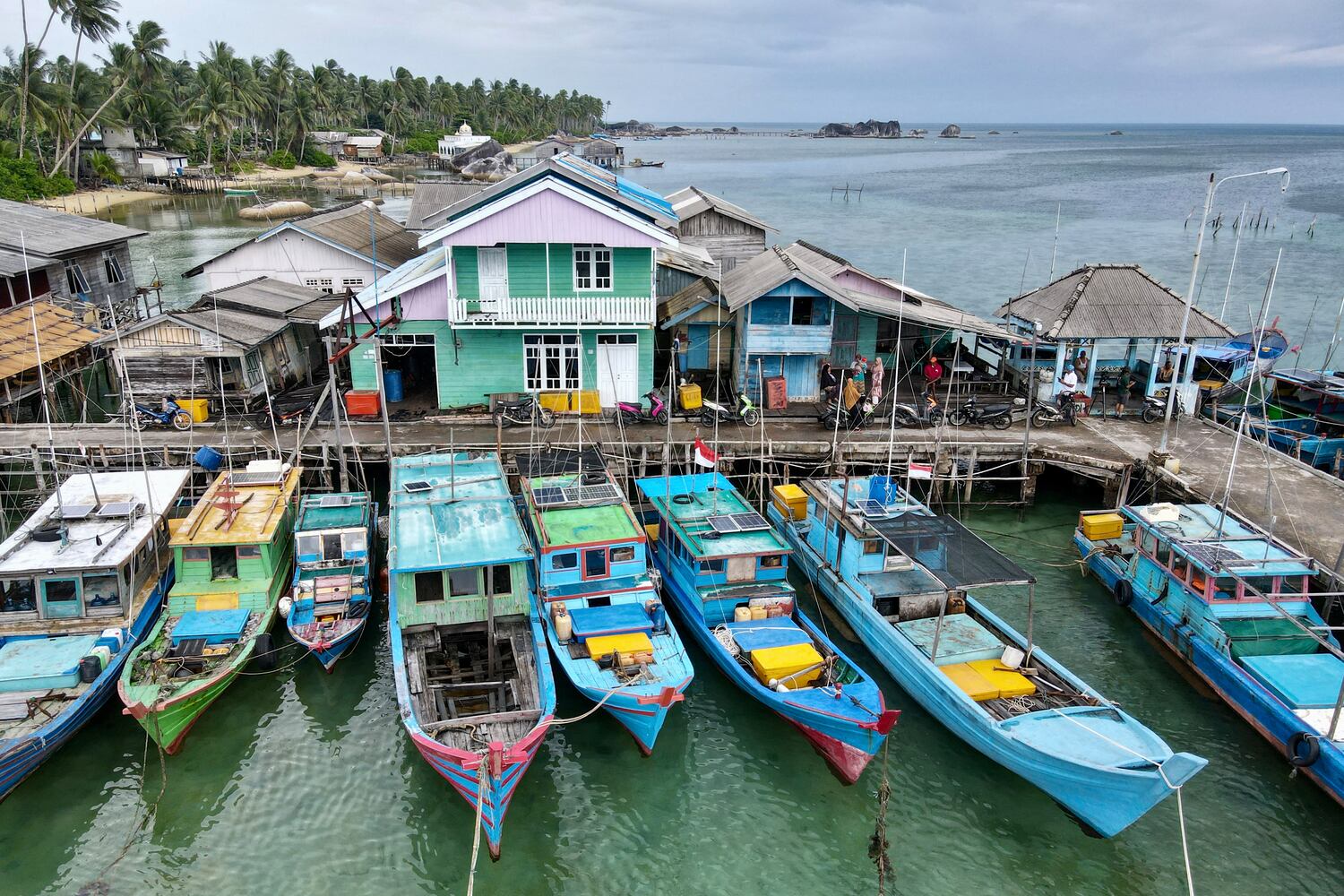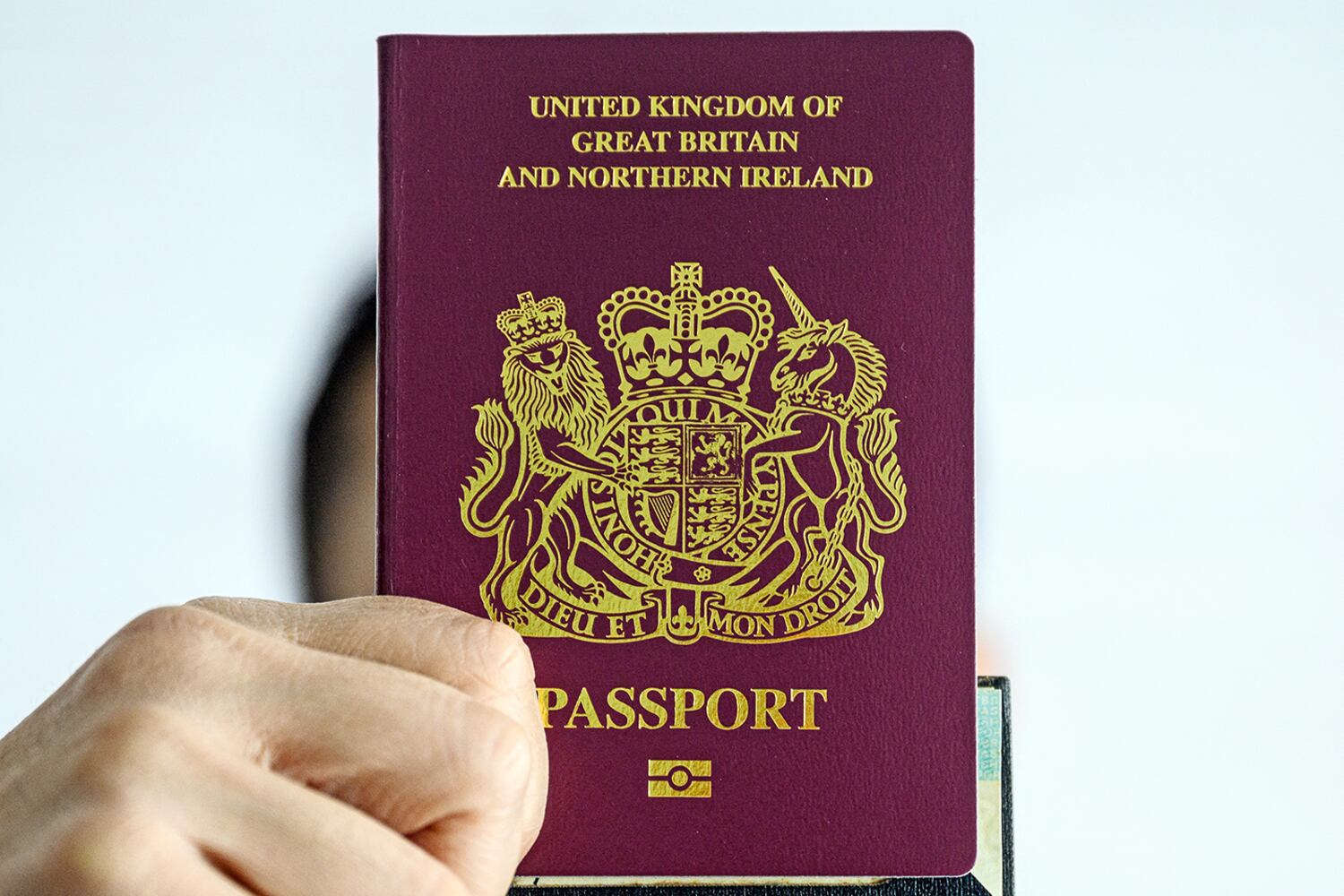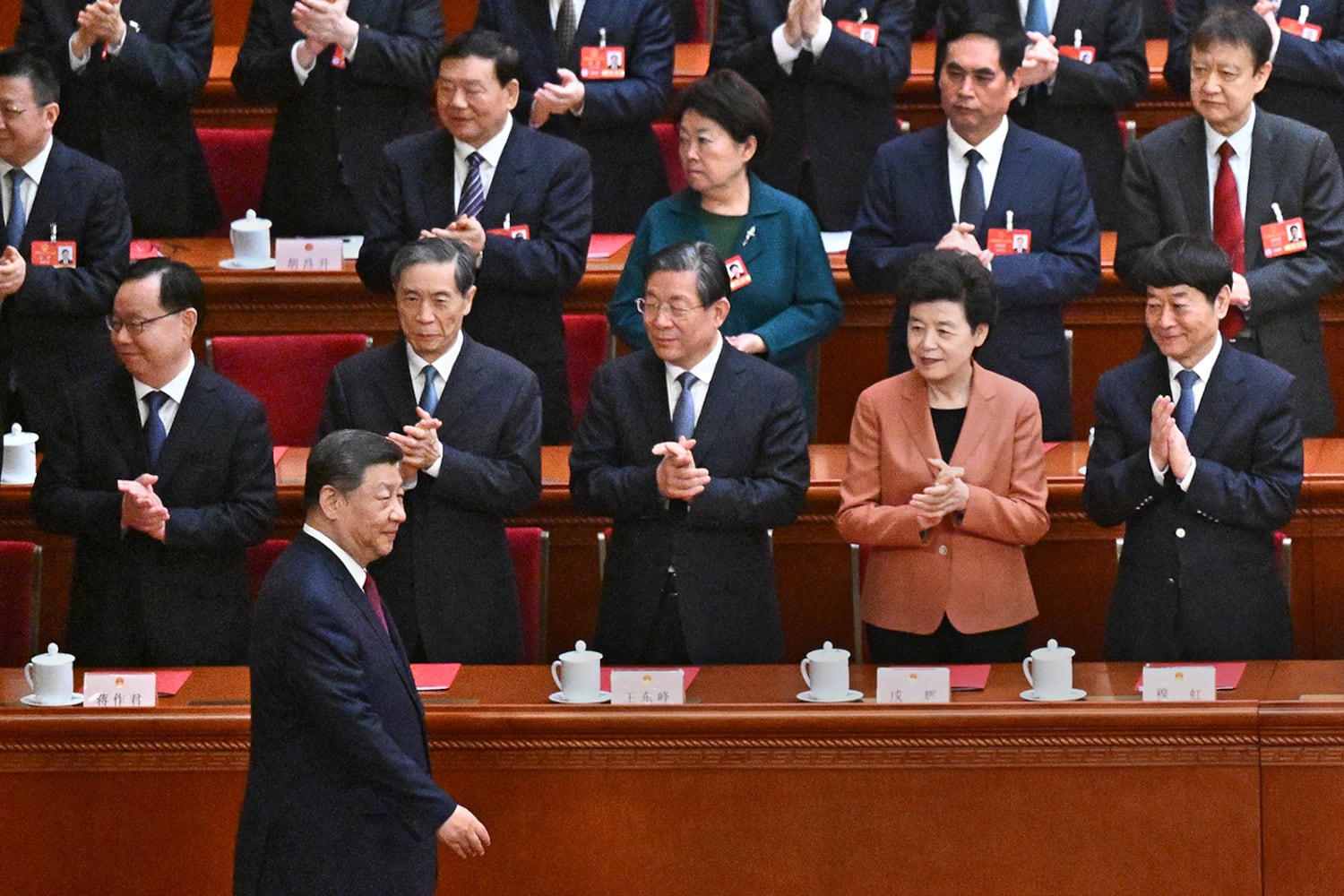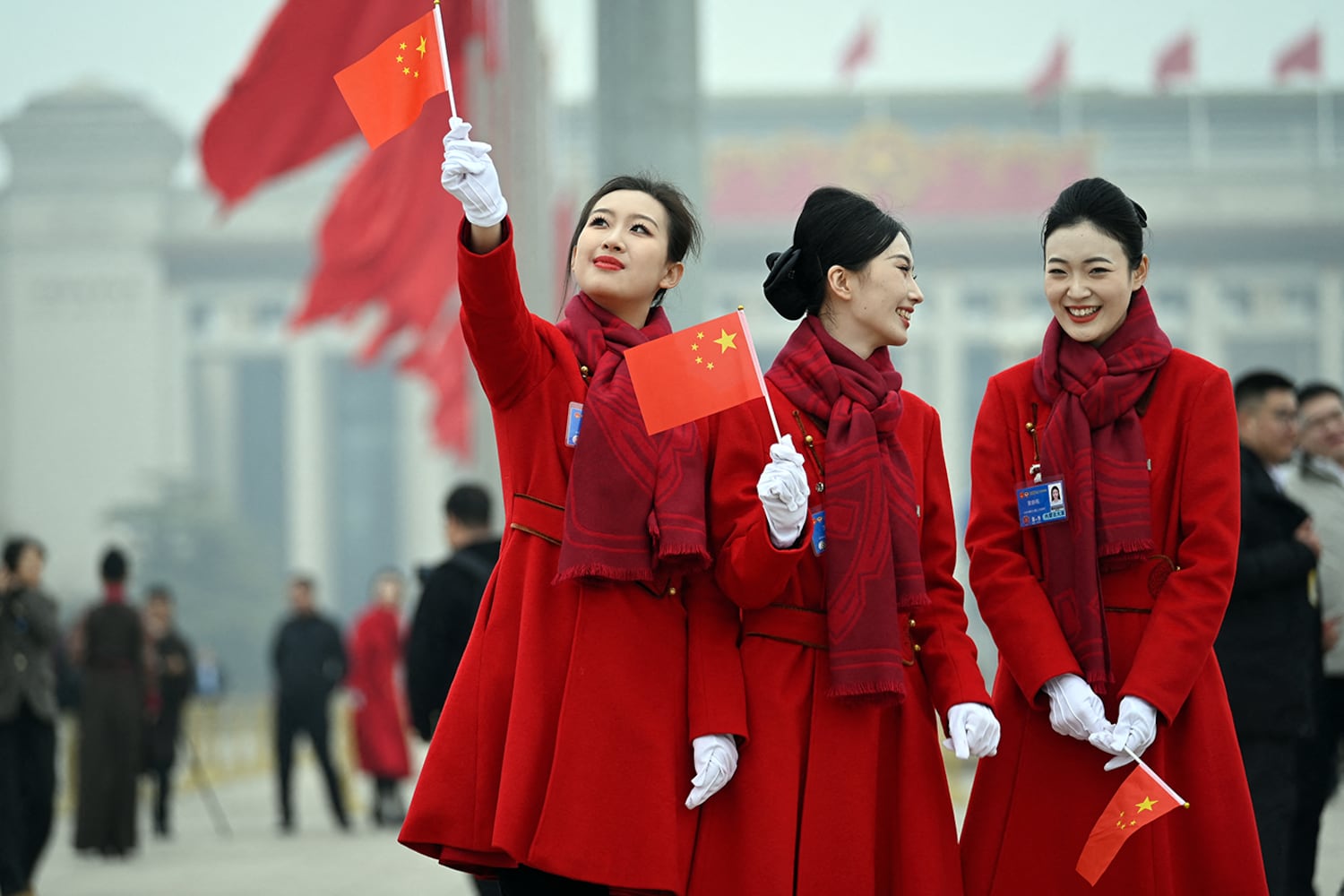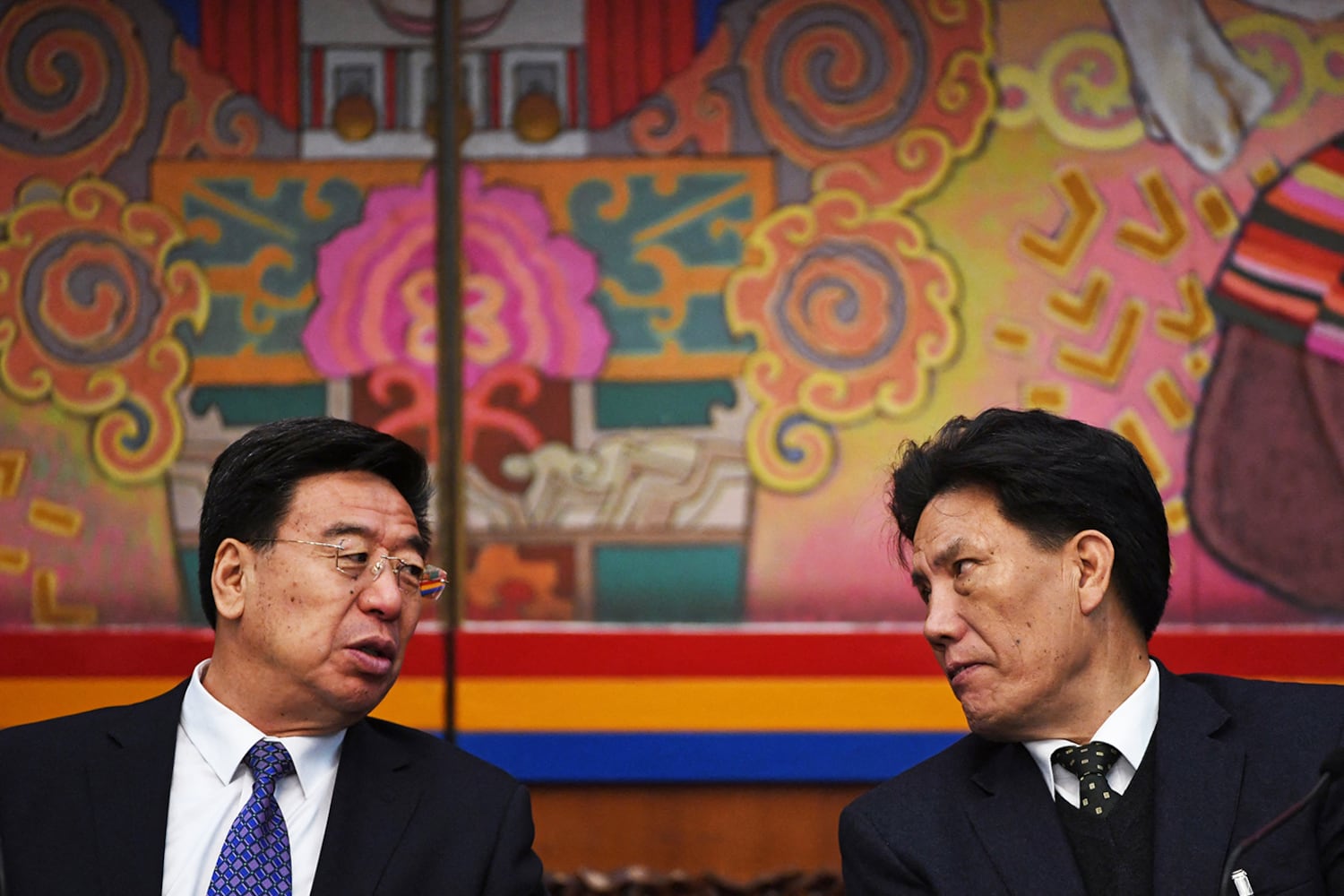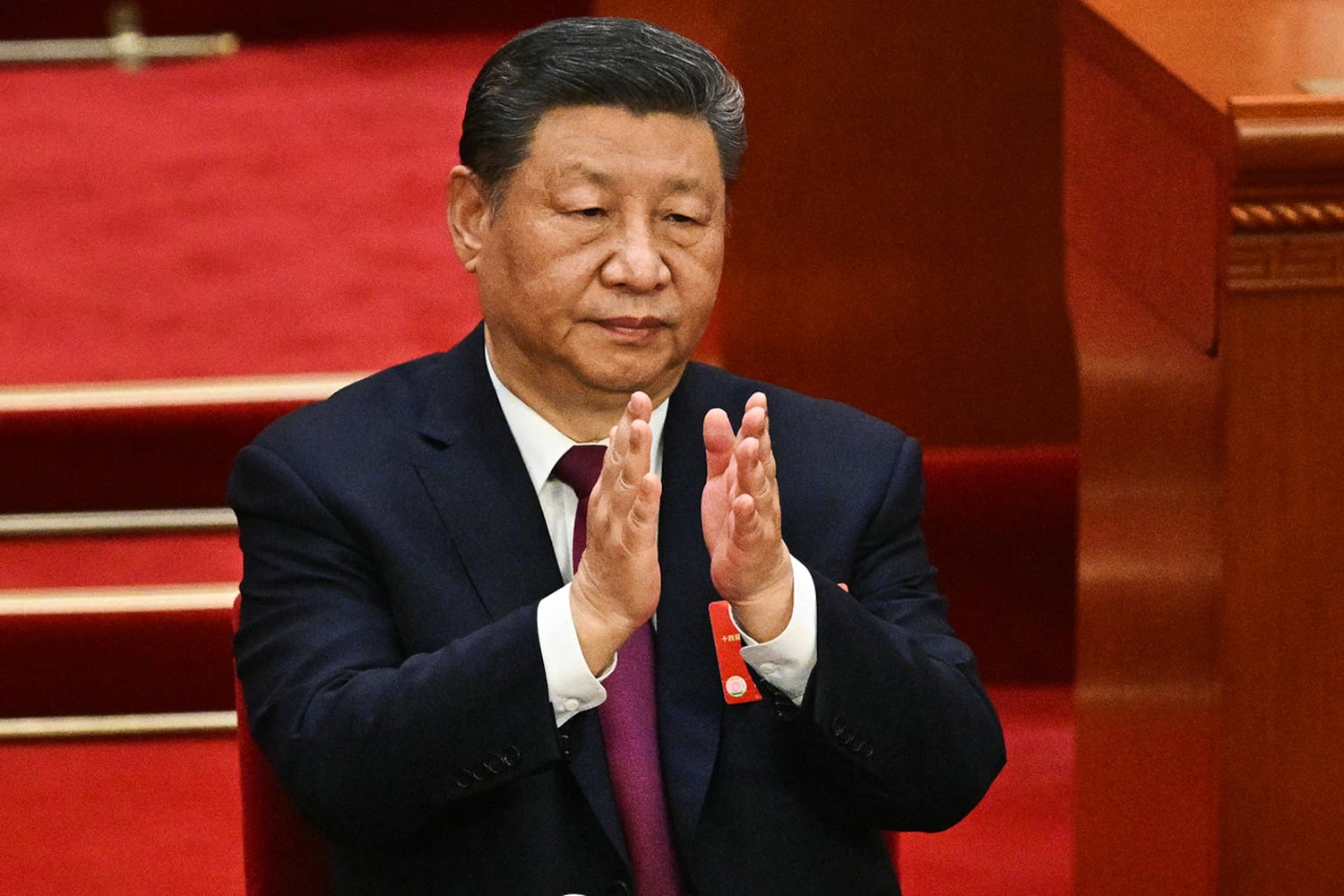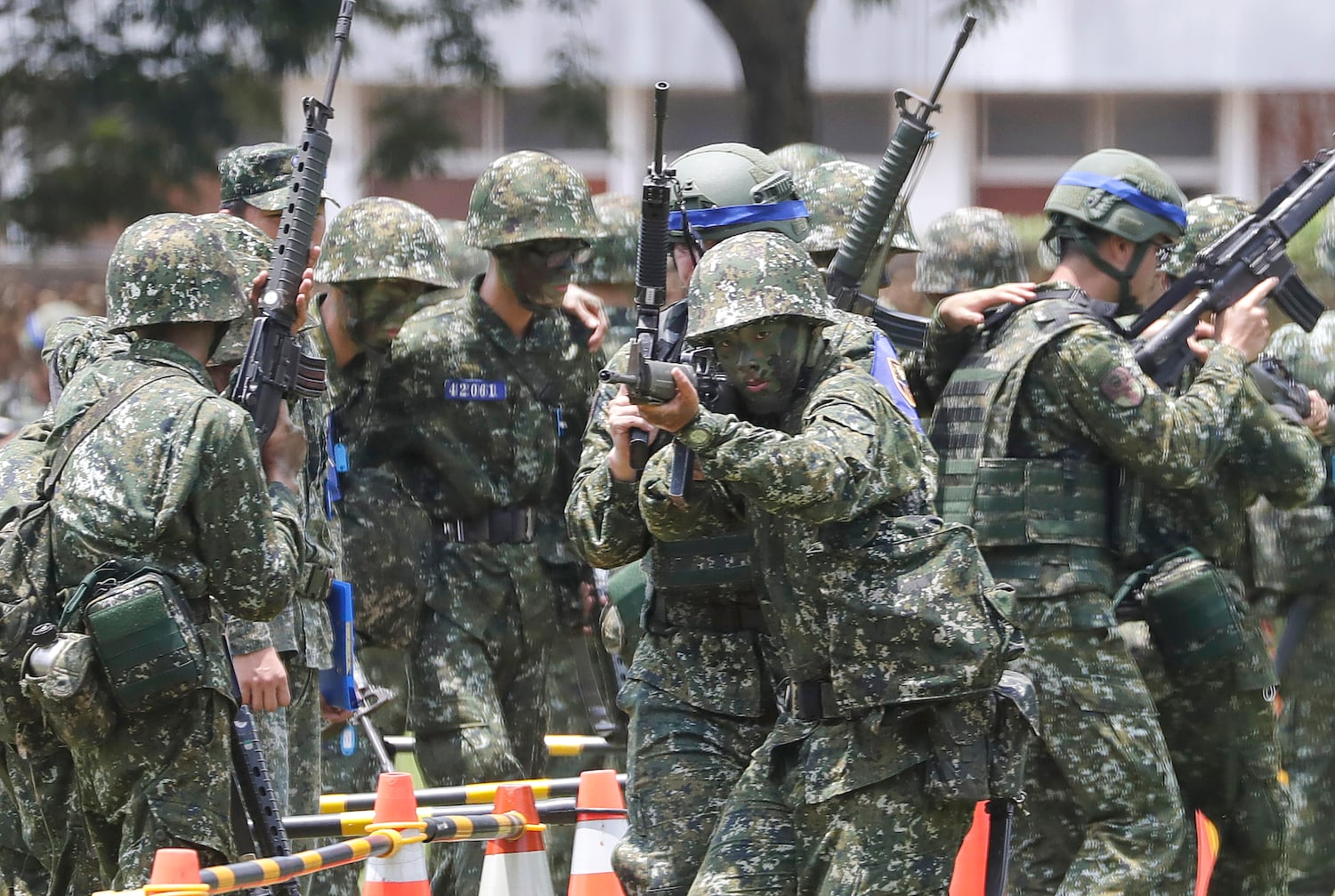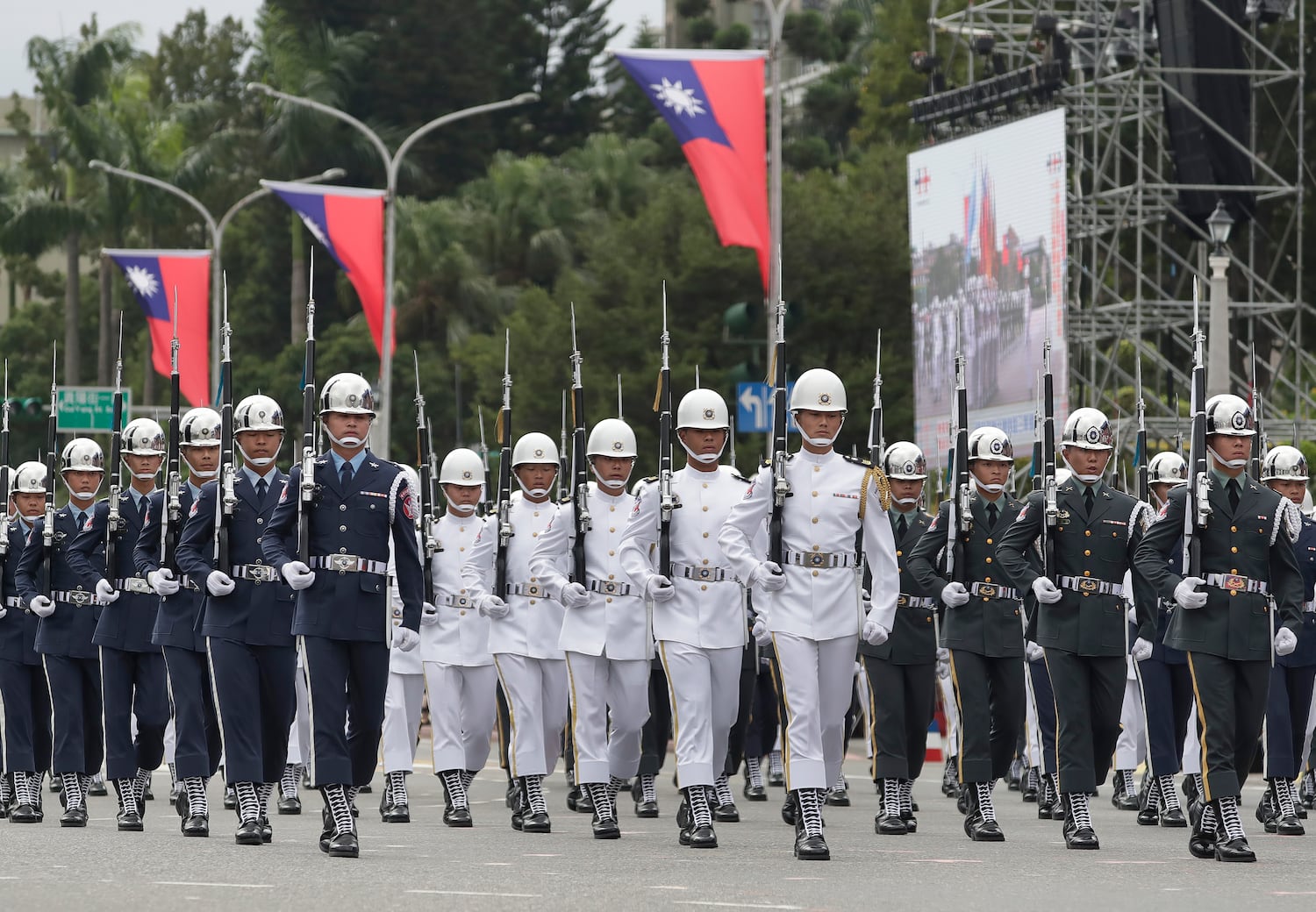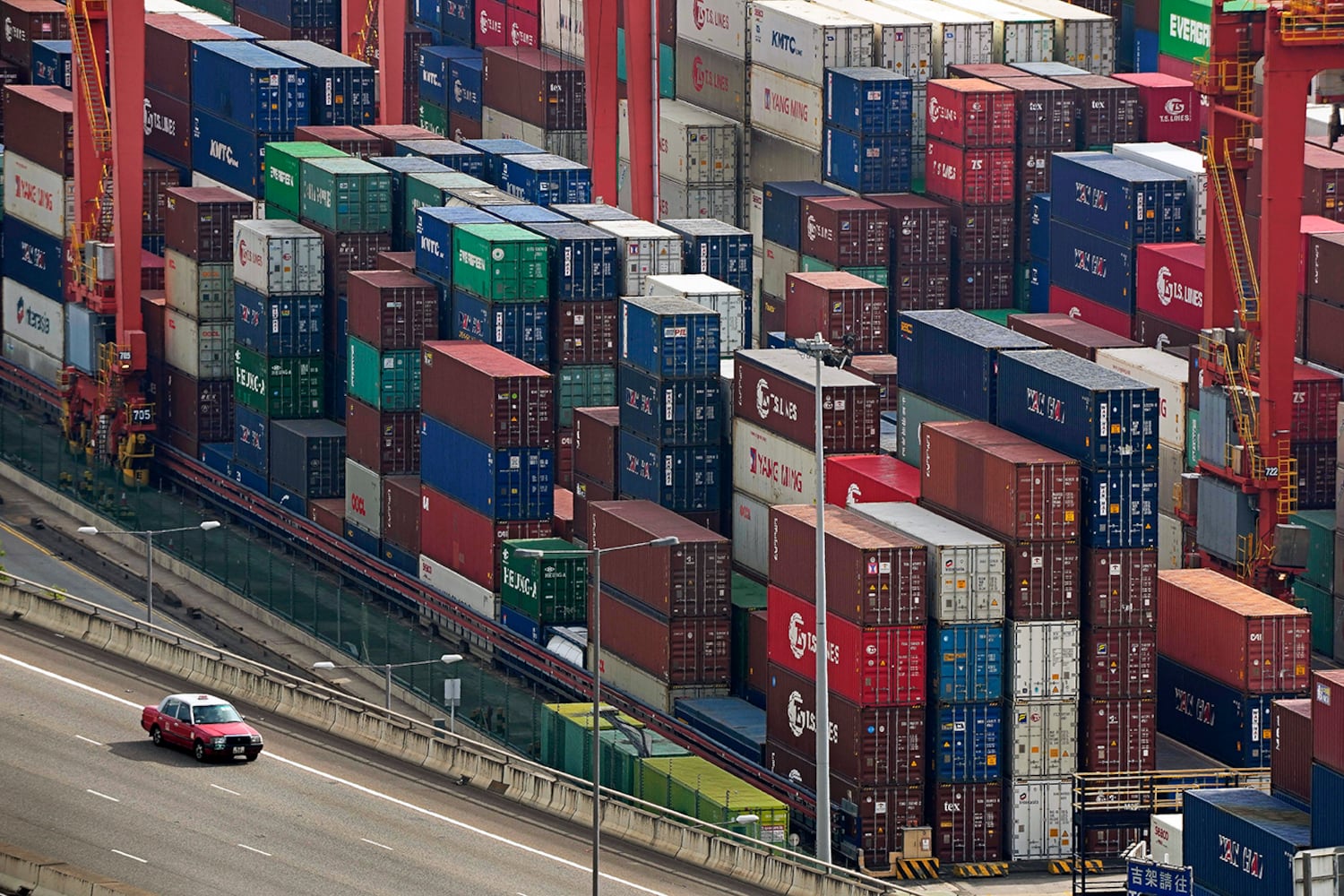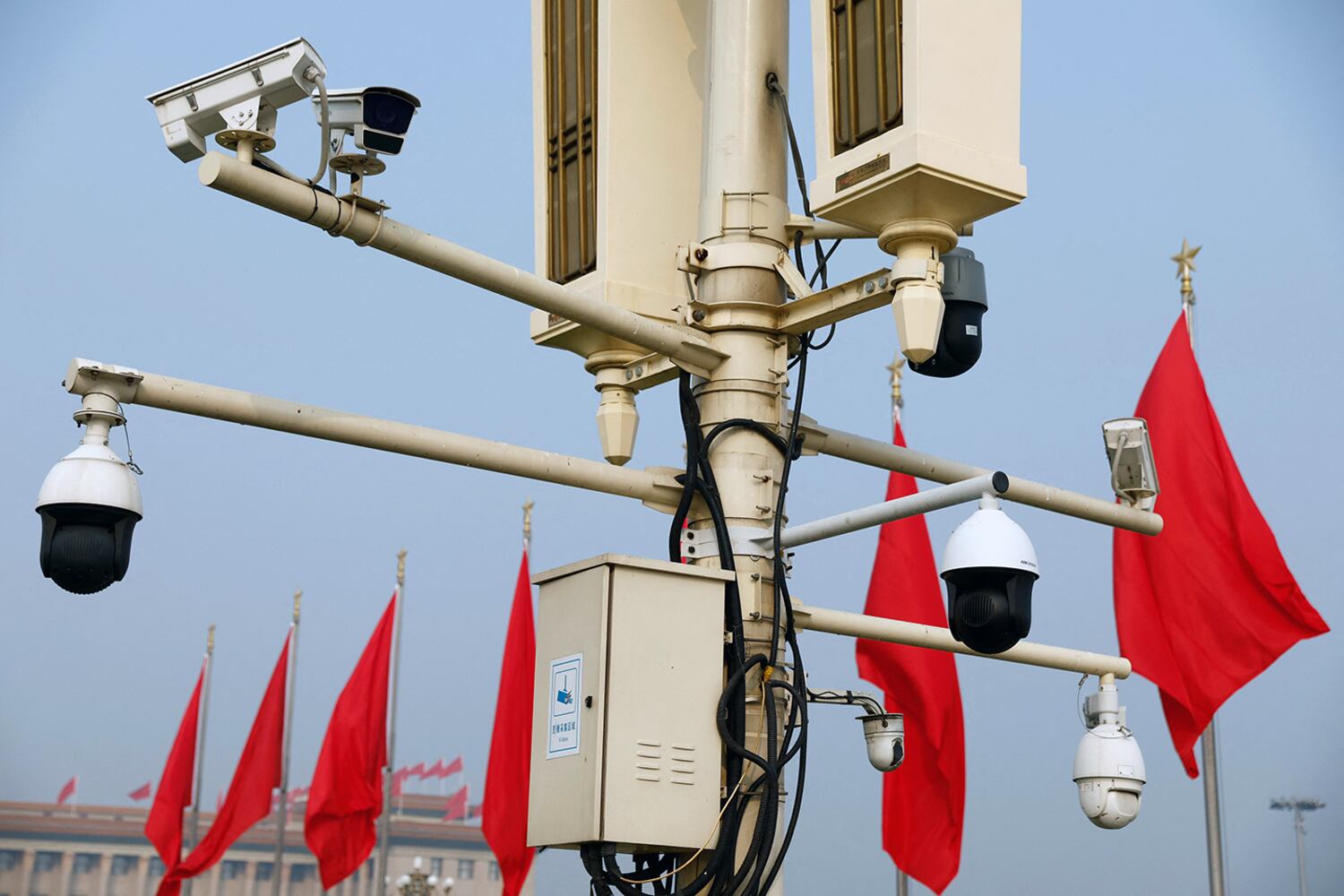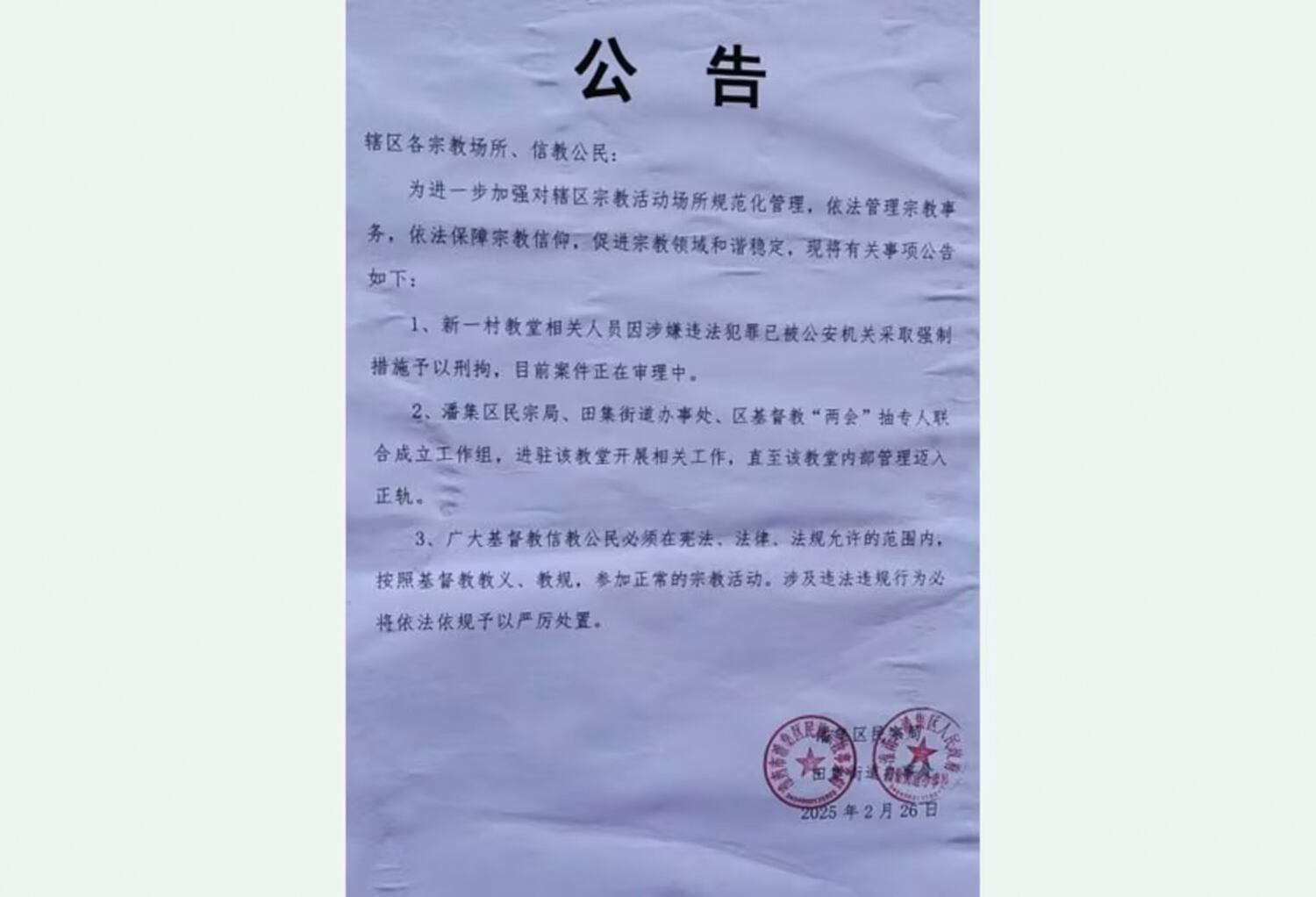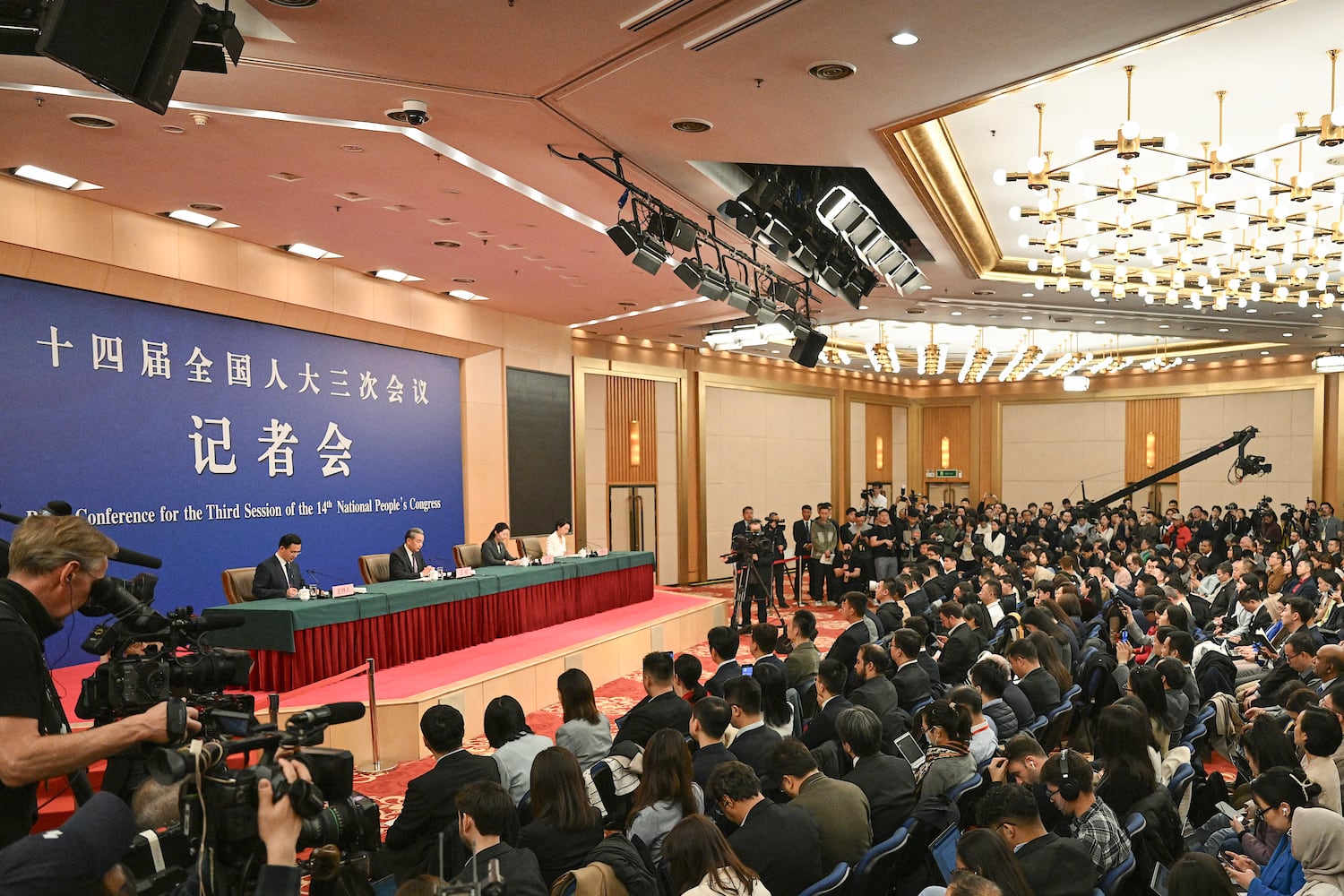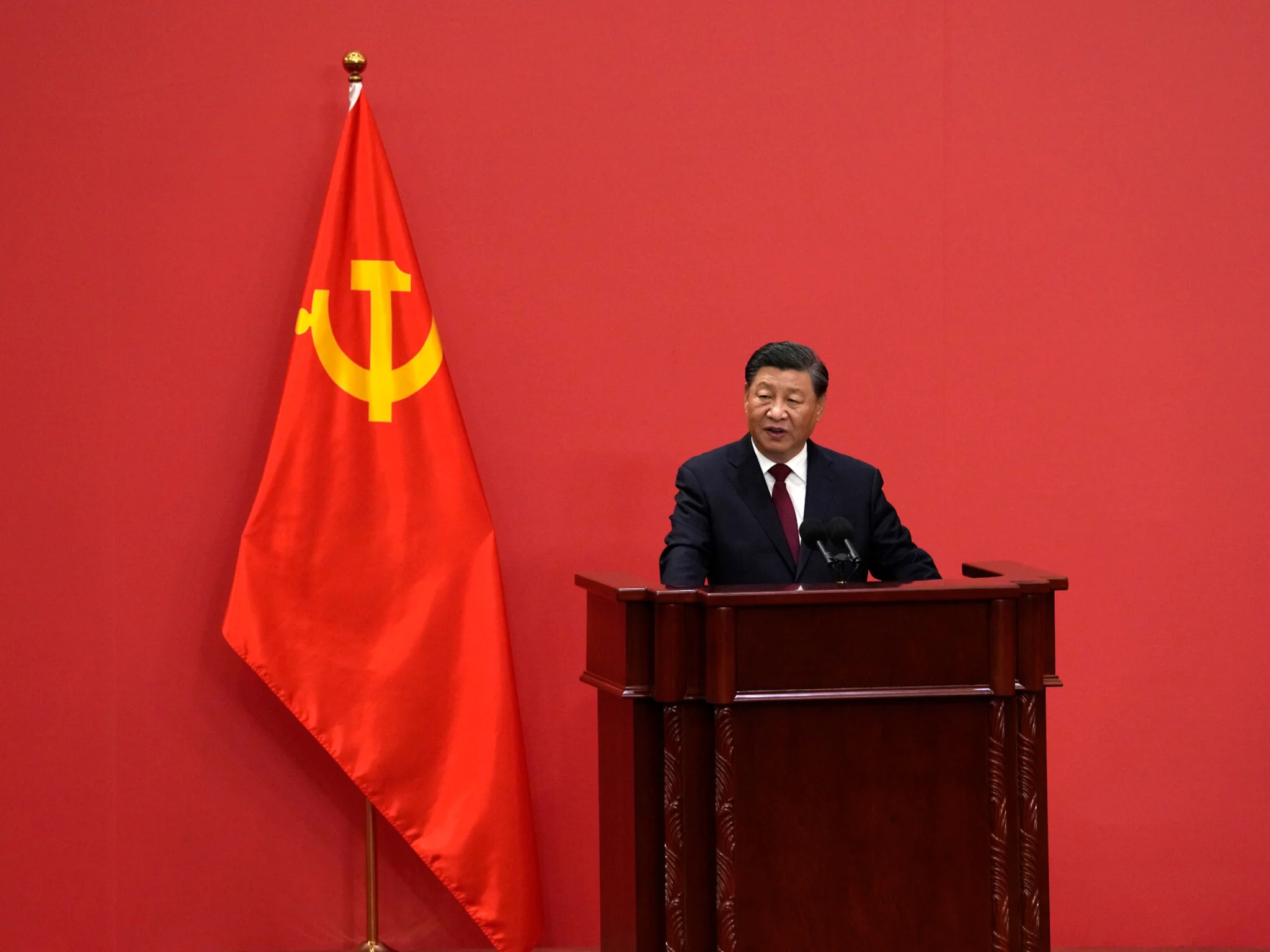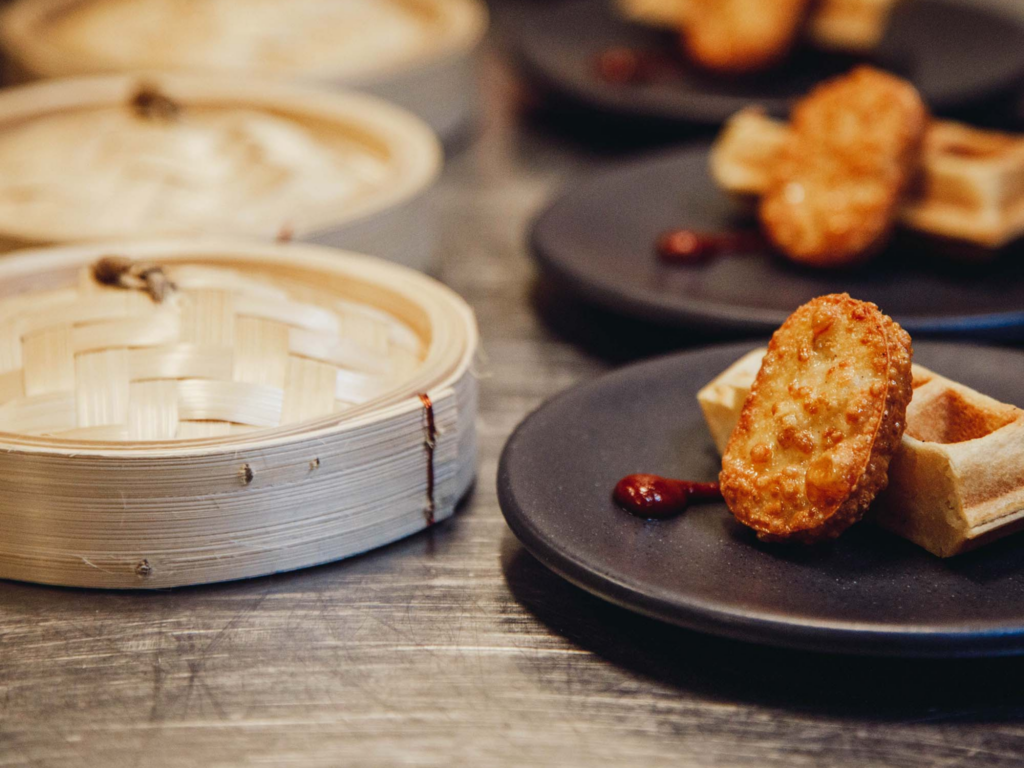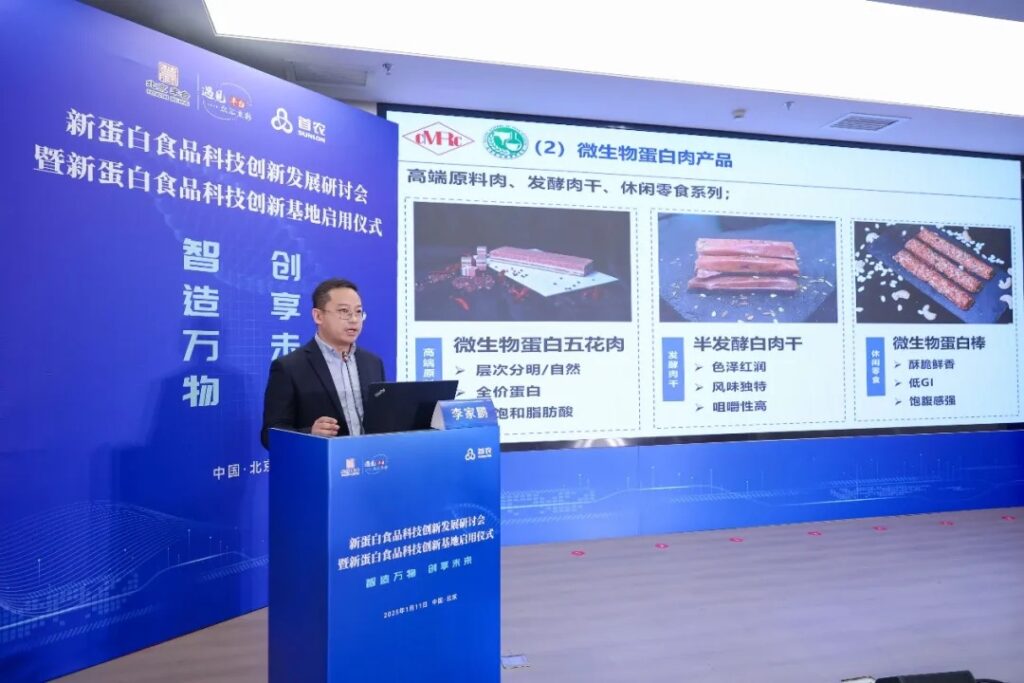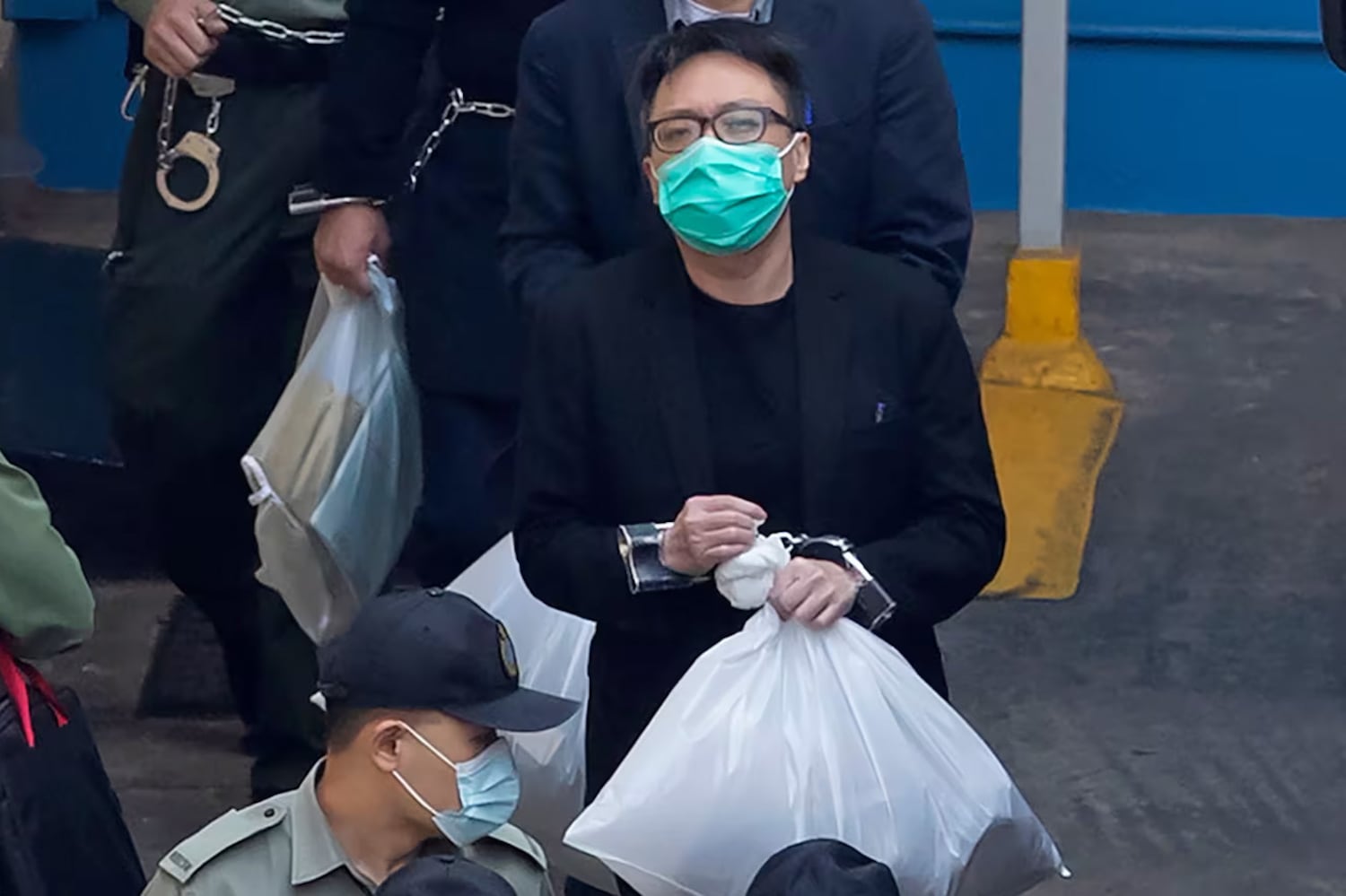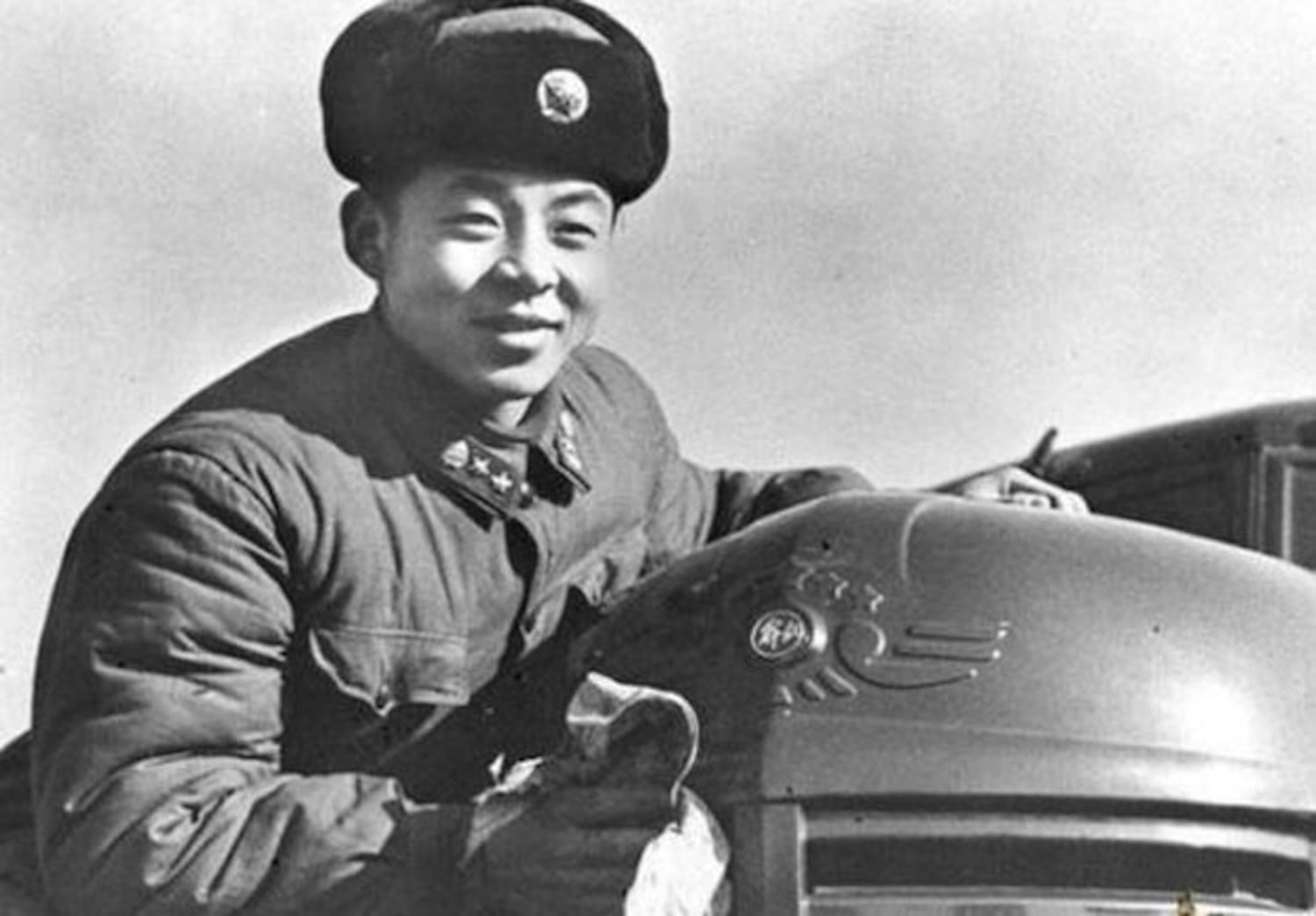The Hong Kong Journalists’ Association is appealing to journalists to preserve Facebook live video footage of 2019 protests after Meta said it will start deleting archived videos from its servers.
There are concerns that much of the online footage of those protests, most of which is banned in the city amid an ongoing crackdown on dissent, will no longer be available to the general public.
That will make it easier for the authorities to impose their own narrative on events in the city’s recent history.
Facebook notified users last month that it will be deleting archived live video streams from June 5, while newly streamed live video will be deleted after 30 days from Feb. 19, 2025.
“Since the Hong Kong news media have relied heavily on Facebook Live for reporting in the past, the Journalists Association now calls on the heads of mainstream, independent and citizen media and online editors to back up their videos as soon as possible,” the Hong Kong Journalists Association said.
“If necessary, you can follow the platform’s instructions to apply for an extension to up to six months before deletion,” it said.
Capturing history
In one livestream still available on YouTube from Oct. 1, 2019, an out-of-breath protester collates video feeds from several sources on the ground, commenting on what is unfolding while sounding out of breath from “running” at a protest a minute earlier.

In a Facebook Live video from the same day, a professional reporter from government broadcaster RTHK, which has since been forced to toe the ruling Chinese Communist Party line in its reporting, follows protests in Wong Tai Sin, explaining what is going on to live viewers.
While one feed is run by protesters and the other by a professional journalist, both offer a sense of boots-on-the-ground immediacy that would be crucial for anyone seeking to learn what the protests were about many years later.
RELATED STORIES
Hong Kong social worker convicted of rioting for her role in 2019 protests
Protesters Dispersed With Tear Gas After Storming Hong Kong Legislature
Hong Kong rejects amnesty for thousands arrested for 2019 protests
EXPLAINED: What is the Article 23 security law in Hong Kong?
A reporter for an online media outlet who gave only the pseudonym Ken for fear of reprisals said a very large proportion of the public record of the 2019 protests was streamed live on Facebook, with more than 100 videos stored there.
While current media organizations have made backups, the footage will no longer be there for anyone to browse, making the record of that year less publicly available, Ken said.
“It’s like we’ve lost an online library,” he said. “Unless someone is willing to back it up and put it all online, there’ll be no way of finding that history any more, should you want to.”
Ken and his colleagues are concerned that online records of the 2019 could disappear entirely in a few years’ time, especially as republishing them from Hong Kong could render the user vulnerable to accusations of “glorifying” the protests, and prosecution under two national security laws.

“This is a very serious problem, because certain events or people may be completely forgotten about in a few years, maybe 10 years,” Ken said.
But there are risks attached to republishing video content — especially for residents of Hong Kong.
“You don’t know whether you will be accused of incitement if you post it again,” Ken said. “You never know what your live broadcast captured and whether there was issue … under the two national security laws.”
Permanent loss of historical material
A fellow journalist who gave only the pseudonym Mr. G for fear of reprisals said his media organization still has access to its own live streamed footage of the 2019 protests from both Facebook and YouTube.
But he said the planned deletions could lead to “the permanent loss of some historical material.”
Facebook said that the owners of the videos will receive an email or notification in advance “and can choose to download the videos, transfer them to the cloud, or convert them into reels short videos within 90 days.”
“If users need more time to process old videos, they can apply to postpone the deadline by 6 months,” it said, adding that most live video is viewed in the first few weeks after being uploaded.
Veteran media commentator To Yiu-ming said social media platforms aren’t suited for use as a historical archive.
“There’s no point criticizing them,” To said. “Users may well encounter similar practices even … if they move to another social media platform.”
“If you want to preserve the historical record, you have to use less convenient methods, and spend a bit of time and money,” he said.
The concerns over the deletion of live video come after a report claimed that Meta was willing to go to “extreme lengths” to censor content and shut down political dissent in a failed attempt to win the approval of the Chinese Communist Party and bring Facebook to millions of internet users in China.
Citing a whistleblower complaint by Sarah Wynn-Williams from the company’s China policy team, the Washington Post reported that Meta “so desperately wanted to enter the lucrative China market that it was willing to allow the ruling party to oversee all social media content appearing in the country and quash dissenting opinions.”
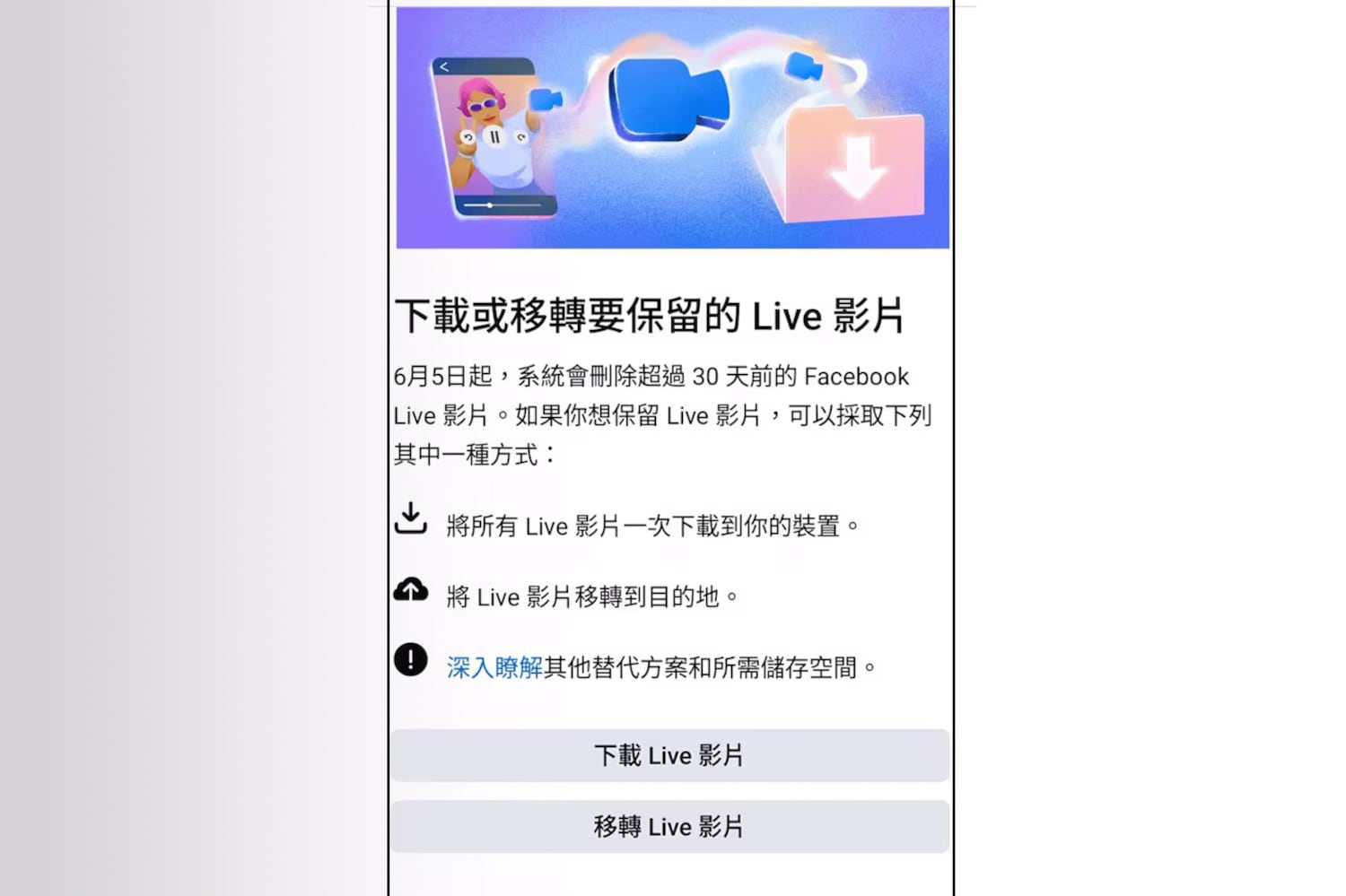
So it developed a censorship system for China in 2015 and planned to install a “chief editor” who would decide what content to remove and could shut down the entire site during times of “social unrest,” according to a copy of the 78-page complaint exclusively seen by The Washington Post.
Meta executives also “stonewalled and provided nonresponsive or misleading information” to investors and American regulators, the complaint said.
Meta spokesman Andy Stone told the paper that it was “no secret” the company was interested in operating in China.
“This was widely reported beginning a decade ago,” Stone was quoted as saying. “We ultimately opted not to go through with the ideas we’d explored, which Mark Zuckerberg announced in 2019.”
Translated by Luisetta Mudie. Edited by Malcolm Foster.
This content originally appeared on Radio Free Asia and was authored by Alice Yam for RFA Cantonese.
This post was originally published on Radio Free.
